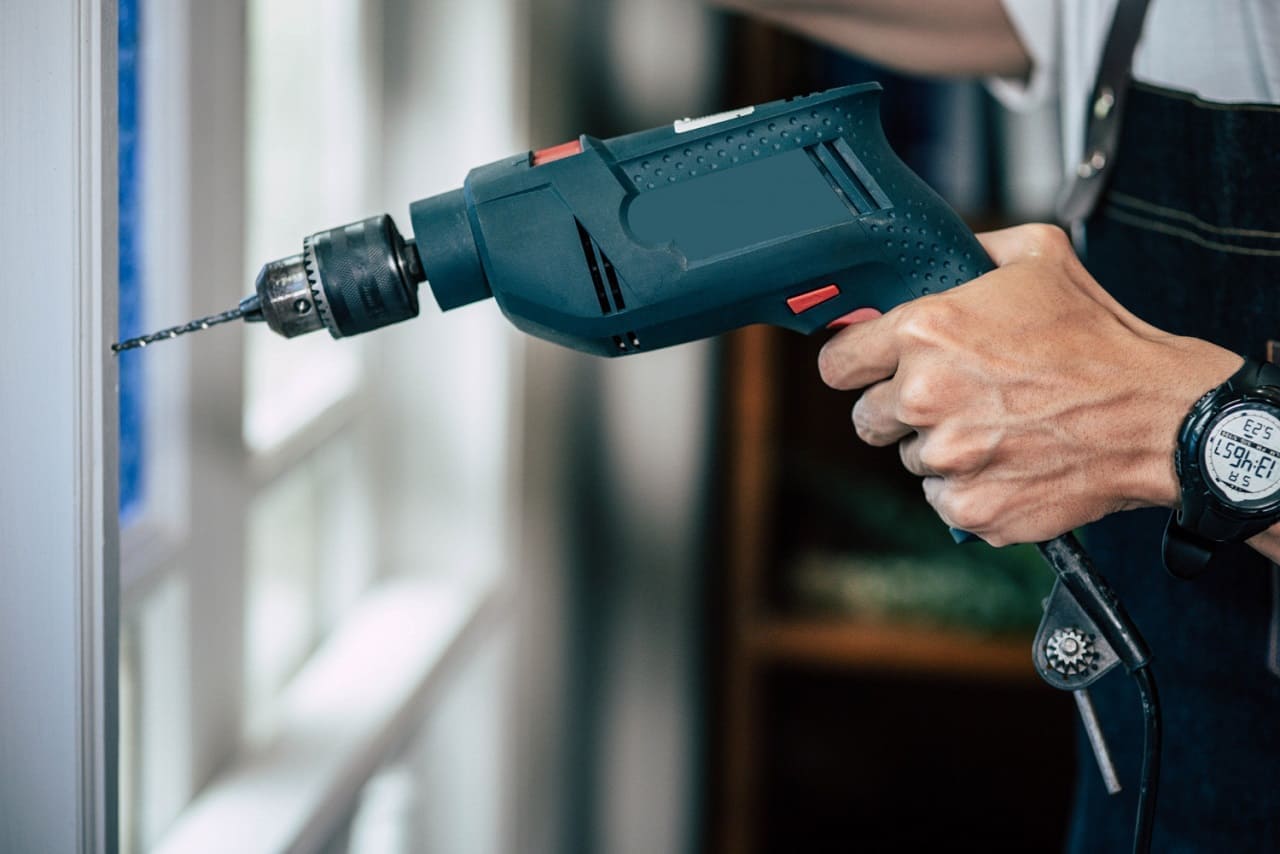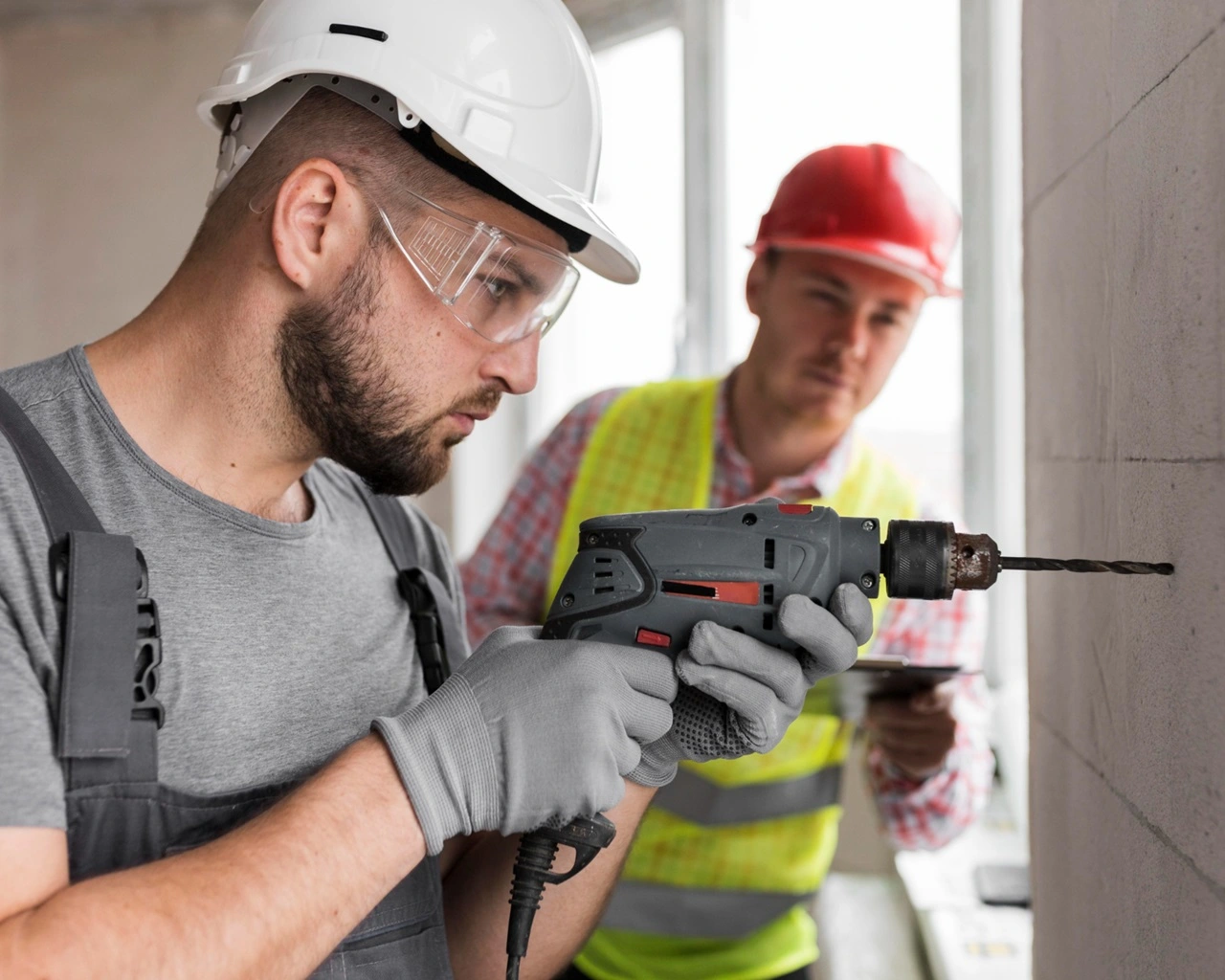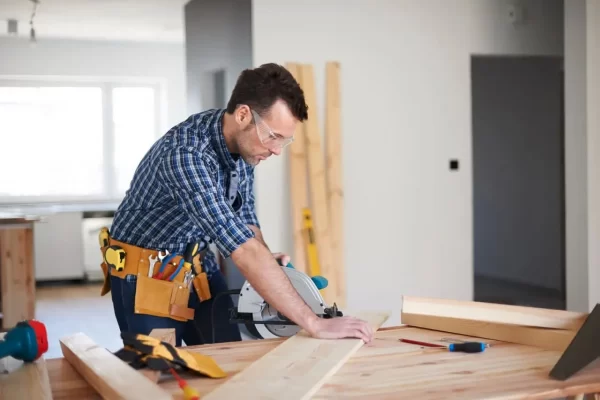How to Choose the Best Portable Drill Machine for Home Project
Choosing the right portable drill machine can significantly impact your home projects. Whether you’re hanging shelves, assembling furniture, or working on DIY repairs, a good drill will make the job easier. Here’s a comprehensive guide on how to select the best portable drill machine for your needs.
Understanding Portable Drill Machines
A portable drill machine, often called a cordless drill, is a handheld tool used for drilling holes and driving screws. Unlike traditional corded drills, these machines are lightweight and battery-operated, allowing you to work freely without worrying about power outlets. They come in various sizes, types, and features, making it essential to know what to look for.
Types of Portable Drill Machines
Cordless Drill/Driver
This is the most common type of portable drill. It is versatile and can handle various tasks, including drilling holes and driving screws. The key feature of a cordless drill is its rechargeable battery, which provides mobility.
Hammer Drill
If you plan to work on tougher materials like brick or concrete, a hammer drill is a better choice. It offers a hammering action that helps break through hard surfaces.
Impact Driver
An impact driver is ideal for driving long screws and fasteners into tough materials. It delivers powerful bursts of torque, making it easier to work with heavy-duty applications.
Key Features to Consider
When selecting a portable drill machine, consider these important features:
Battery Life and Type
The battery is among the most important parts. Look for drills with lithium-ion batteries, as they provide longer run times and charge quickly. Check the voltage; higher voltage typically means more power. Common options include 12V, 18V, and 20V.
Chuck Size
The chuck holds the drill bits in place. Most portable drills have a 1/2-inch chuck, allowing you to use larger bits. Some compact models might have a smaller chuck. Ensure that the chuck size matches the drill bits you intend to use.
Speed and Torque Settings
Speed refers to how fast the drill rotates, while torque measures the twisting force. Look for drills with variable speed settings, which allow you to adjust the speed for different tasks. A higher torque rating is beneficial for driving screws.
Weight and Ergonomics
A lightweight drill will be easier to handle, especially for extended periods. Look for ergonomic designs with comfortable grips to reduce hand fatigue during use.
Drill Bits Compatibility
Ensure that the drill is compatible with various drill bits for different materials. Standard sizes include twist bits for wood, masonry bits for concrete, and spade bits for larger holes.
Brand Reputation and Warranty
Consider well-known brands with a solid reputation for quality and reliability. Brands like DeWalt, Makita and Bosch are popular choices among DIY enthusiasts and professionals. Additionally, look over the manufacturer’s warranty. Longer warranties are frequently a sign of trust in the robustness of the goods.
Hands-On Testing
If possible, visit a hardware store to test the drill before buying. Hold the drill, check its weight, and see how comfortable it feels in your hand. Test the speed and torque settings, and ensure you can easily change the drill bits.
Accessories to Consider
Along with the drill, consider purchasing accessories that can enhance your experience:
Drill Bit Set
A complete set of drill bits will allow you to tackle a wide range of projects. Look for sets that include various sizes and types of bits.
Carrying Case
A carrying case helps keep your drill and accessories organized and protected during storage and transport.
Extra Batteries
Having extra batteries can extend your working time, allowing you to switch out a depleted battery for a fully charged one without interruption.
Charger
Ensure that the drill comes with a fast charger. Some models feature smart chargers that prevent overheating and overcharging, prolonging battery life.
Safety Tips When Using a Portable Drill
When utilizing power tools, the first focus should always be safety. The following safety advice should be remembered:
- Wear Safety Goggles: Protect your eyes from dust and debris while drilling.
- Use Ear Protection: Prolonged exposure to loud noise can damage your hearing.
- Ensure a Stable Work Surface: Make sure the material you are drilling is secured to avoid slipping.
- Follow the Manufacturer’s Instructions: Always read the user manual for safety guidelines specific to your drill.

Buy Power Tools Online at Safatco Trading
Choosing the best portable drill machine for your home projects can significantly enhance your DIY experience. By understanding the different types of drills, considering key features, setting a budget, and researching brands, you can find a drill that meets your needs. Don’t forget to read reviews and test the drill in person, if possible. If you have the correct portable drill, you’ll be ready to take on any assignment with assurance.







